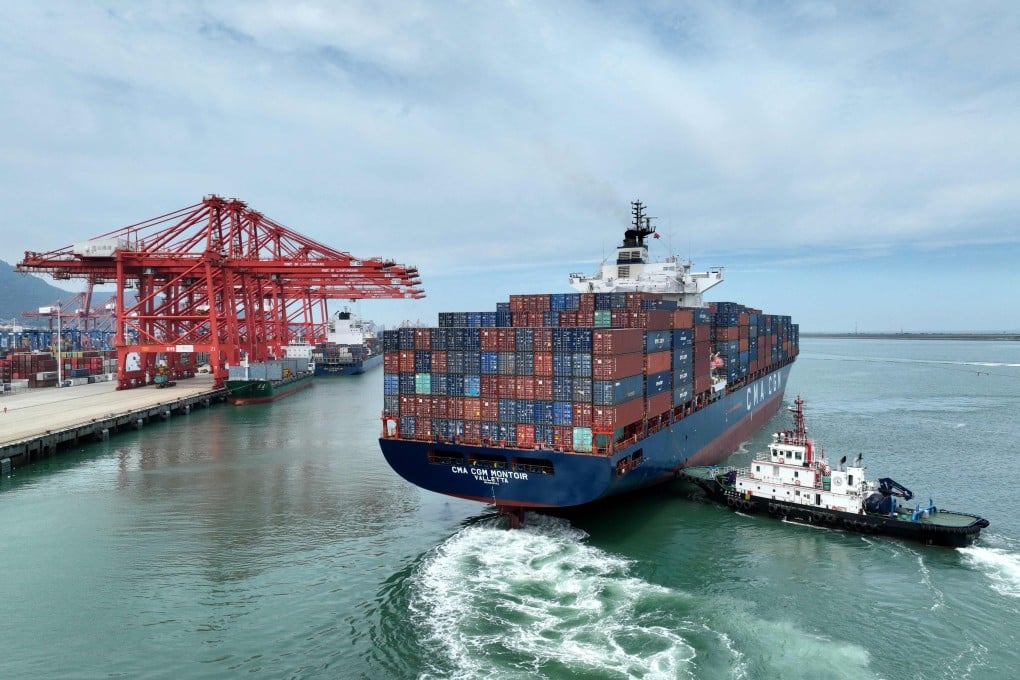
China Raises Tariffs on U.S. Goods to 125% Amid Escalating Trade War
China has sharply escalated its trade dispute with the United States, announcing a tariff increase on U.S. imports to 125 percent, effective immediately. The decision, revealed by the Customs Tariff Commission of the Chinese State Council on Friday, marks a bold retaliation against recent U.S. tariff hikes and signals Beijing’s resolve to dig in amid the intensifying trade war.
The new tariffs, up from a previous rate of 84 percent, target a wide range of U.S. products, including agricultural goods, energy, and manufactured items. The commission justified the move as a direct response to Washington’s “unilateral” trade policies, accusing the U.S. of violating global trade norms. Notably, China declared it would “ignore” any future U.S. tariff increases, arguing that American goods are no longer economically viable for Chinese importers due to the already prohibitive costs.
“U.S. products have lost their market edge in China,” the commission stated, suggesting that additional American tariff hikes would have minimal impact. This defiant stance comes as the U.S. recently imposed tariffs as high as 145 percent on Chinese imports, citing trade imbalances and concerns over China’s role in supplying fentanyl precursors.
The tit-for-tat measures have deepened a trade conflict that began escalating earlier this year. In February, the U.S. introduced a 10 percent tariff on Chinese goods, later doubling it and adding further increases. China retaliated with its own levies, disrupting supply chains and unsettling global markets. The ongoing feud has sparked fears of broader economic fallout, with analysts warning of potential recession risks if tensions persist.
China’s tariff hike aligns with its efforts to strengthen ties with other trade partners, particularly the European Union. During recent talks with Spanish Prime Minister Pedro Sánchez, Chinese President Xi Jinping emphasized cooperation to safeguard the global trading system against “coercive” policies. The EU, cautious of being caught in the crossfire, has paused its own planned tariffs on U.S. goods for 90 days to seek a negotiated resolution.
The impact of the trade war is already evident. Businesses face rising costs, and consumers are bracing for higher prices as supply chains falter. “This escalation benefits no one,” said economist Zhang Wei. “Both sides are entrenched, and the global economy is paying the price.”
Stichworte
Quellen







